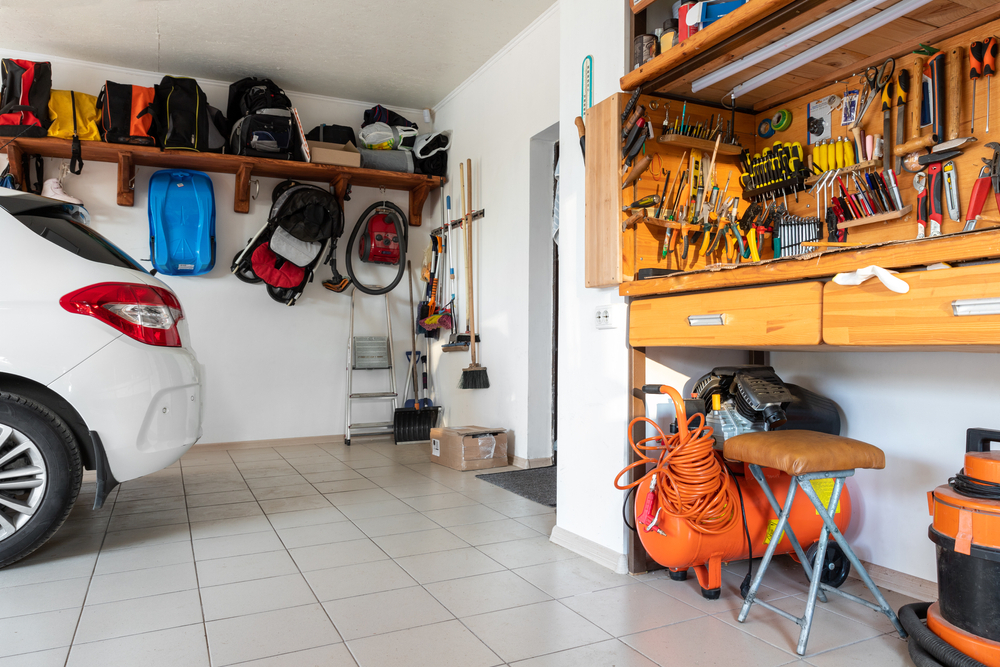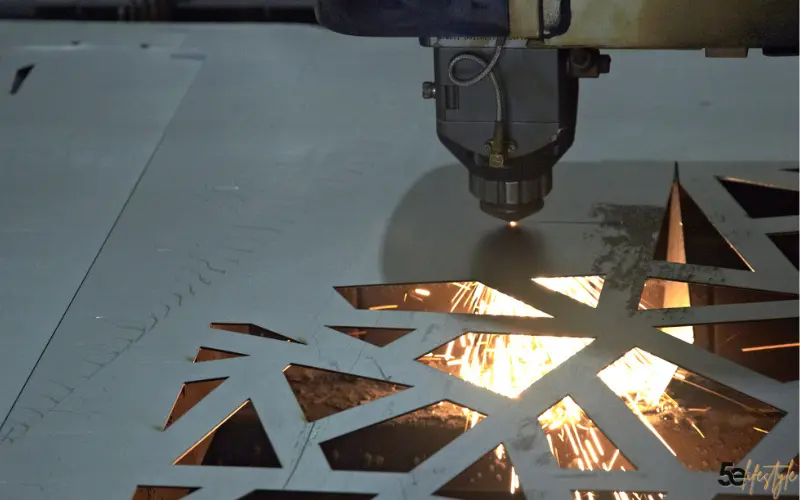Lifestyle
9 unbeatable advantages of concrete homes
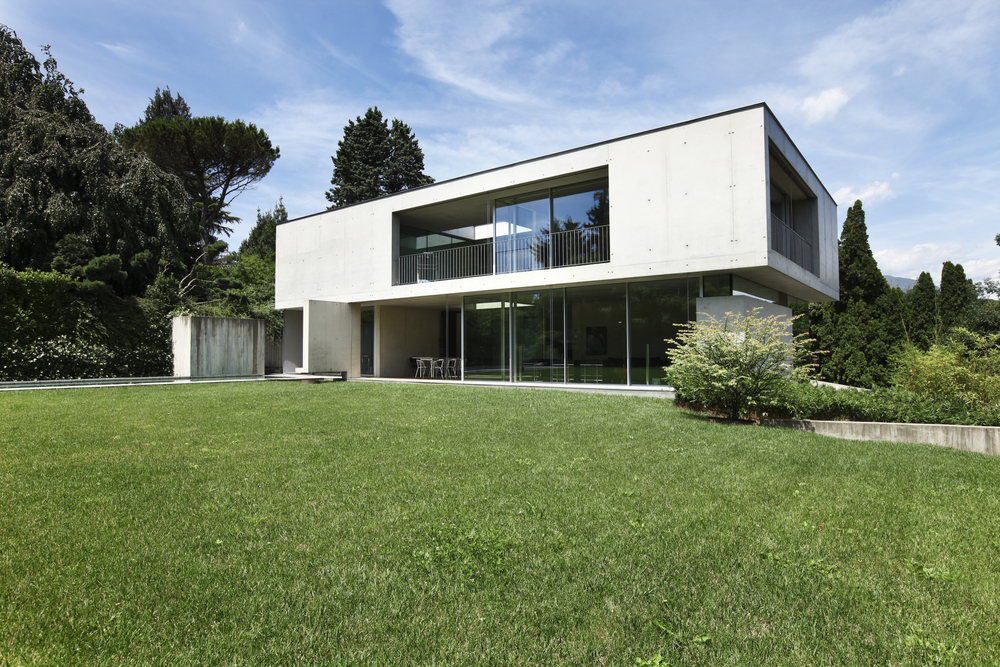
Concrete has been a widespread building material for more than 5,000 years. But while it was more commonly used for commercial and industrial spaces, it’s now making its way into residential construction. That’s because its durability and versatility are perfect for contemporary building design.
In this blog, we’ll share the benefits of concrete homes. By the end, you’ll know why it’s a material that’s worth considering for your dream space.
Table of Contents
Types of concrete for construction
There are several types of concrete that can be used to build houses, such as:
- Insulated concrete forms (ICFs) – ICFs are double-insulated materials that are used to build reinforced concrete walls.
- Concrete blocks – Concrete block is a traditional material that dates back thousands of years. Unlike ICFs, concrete blocks need an additional layer of insulation to promote energy efficiency.
- Removable forms – This is made by pouring concrete into removable wall forms made of aluminum, wood, or steel. Because of this unique method, concrete forms can be shaped to mimic brick or textured paint.
- Panel systems – These come in two forms: precast and tilt-up concrete. Precast concrete is produced at concrete plants and then fitted with foam insulation, steel reinforcing, and electric wiring. Meanwhile, tilt-up concrete is cast on-site.
- Autoclaved aerated concrete – Autoclaved concrete is a precast air-tight material. When applied, it expands and entraps small air pockets, making it lighter compared to other types of concrete. It’s ideal for homes in warmer climates where there is no need for supplemental insulation.
Benefits of concrete home construction
1. Durability
One of the main benefits of concrete is its durable nature. It provides safe and comfortable shelter, especially in a typhoon or tornado-prone areas.
Concrete is also a fire-resistant material that limits the spread of flames. Other building materials like wood usually succumb to fire while steel melts.
Additionally, homes with steel-reinforced concrete walls are more likely to resist the compression and tensile forces caused by earthquakes compared to a wood-framed wall. If you want to minimize property damage, then building your house out of concrete is a clever choice.
2. Versatility
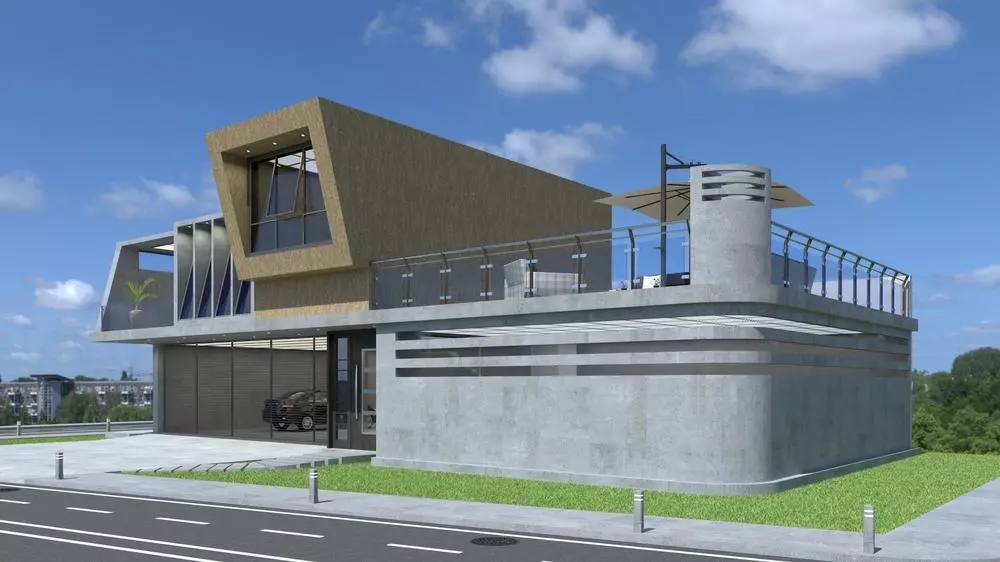
Concrete can be cast into any shape and form. Depending on the building design, you can create concrete houses with unique shapes and curves. This is ideal if you’re tired of traditional boxy houses and want to live in a distinctive house that’s full of character.
3. Sustainability
Concrete is easy to produce and can be sourced locally in most places. It can also be recycled to produce recycled concrete aggregate.
4. Energy efficiency and comfort
If you use insulated concrete forms (ICFs) to build your home, you can significantly improve the house’s thermal resistance. This keeps the indoor temperature cool, reducing the need to turn on air conditioning for a greater span of the year.
The reason for this is that the mass of concrete can slow down the movement of heat through a wall. This allows houses to stay warmer in winter and cooler in summer, compared to a traditional house wood-framed house.
5. Fewer allergens
Concrete walls limit the number of allergens that can enter the house. It also emits fewer volatile organic compounds (VOCs) compared to wood. VOCs can cause throat, eye, and nose irritation.
6. Rot and pest-resistant
Unlike most types of wood, concrete walls do not rot when exposed to moisture. That makes them ideal for many parts of the home, including the kitchen and the bathroom.
Concrete walls also resist termites, minimizing the chance that you have to deal with termite damage in the future. In comparison, wood-framed houses can have extensive structural damage due to termite infestations.
7. Stylish
Gone are the days when you have to settle for bland gray concrete walls and floors. These days, you can stamp and stain concrete in various ways, improving its visual appeal. You can even add a metallic epoxy coating to your concrete floor, which creates a high-end marble appearance.
8. Low-maintenance
Concrete home construction can hold its shape and integrity for decades. Combine the exterior concrete wall with stucco or brick cladding, and you won’t need to paint for a longer period of time. It’s also less likely to get dented when hit by hail and flying debris.
9. Excellent for sound insulation
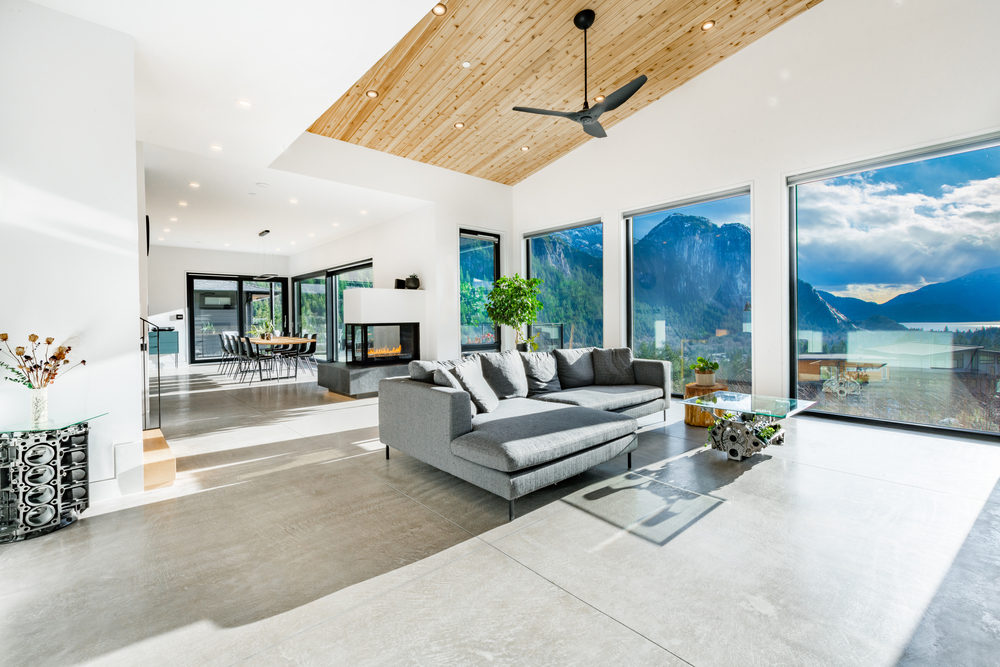
If you want a quiet and peaceful home that doesn’t get much noise from the outside, consider building your house with concrete. The mass and rigidity of the material reduce the transmission of unwanted noise.
Get inspired by concrete homes
Concrete is a durable and versatile material that’s excellent for modern homes. Not only does it look amazing, but it also improves a house’s energy efficiency. Consider using concrete for your next new build or home renovation project.
Are you interested in learning more amazing tips like this one? Check out our blog for the latest guides and insights for all your needs 5elifestyle!










